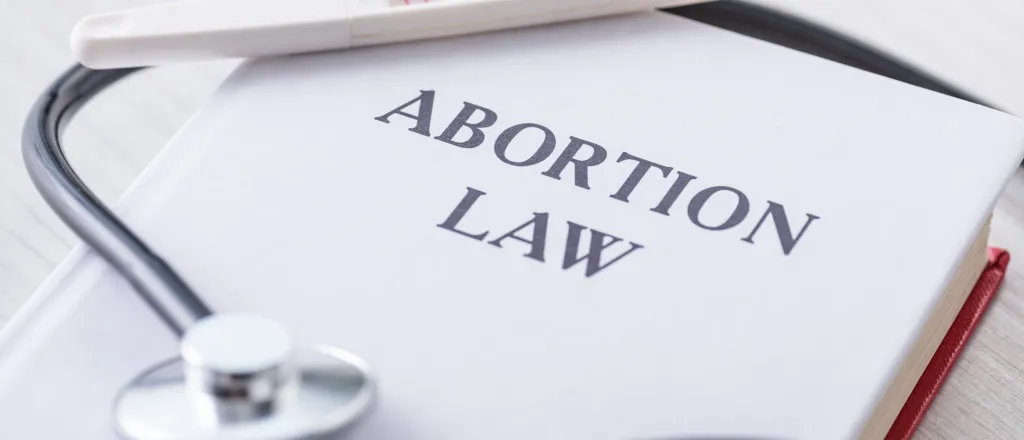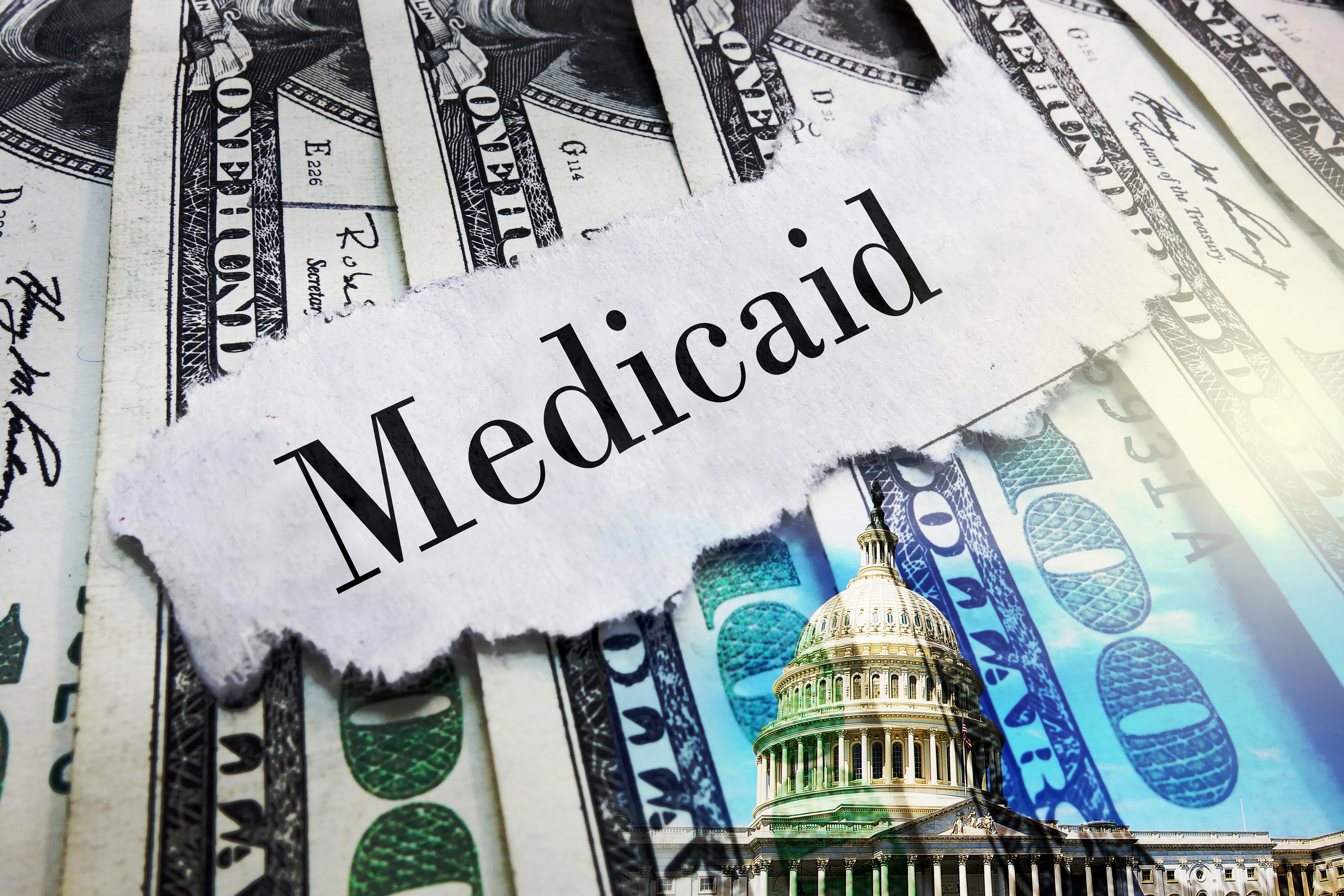
Wisconsinites seeking abortion telemedicine via shield laws face risks
Click play to listen to this article.
Wisconsin law bans telemedicine abortion care, yet new data show an increasing number of Wisconsinites have been getting abortion pills through shield law providers.
An 1800s Wisconsin law caused a temporary statewide ban on abortion services after Roe v. Wade was overturned in 2022.
Jenny Higgins, professor of obstetrics and gynecology at the University of Wisconsin-Madison and director of the UW Collaborative for Reproductive Equity, said even after the ban was lifted in 2023, demand for abortion pills in Wisconsin remained high.

"Suggesting that even when brick-and-mortar facilities are offering abortion care in our state, telehealth abortion still is a really important service that many people in our state are taking advantage of through these shield laws," Higgins explained.
There have been about 130 orders for abortion pills per month made through shield law providers since July 2023, according to WeCount data. There have also been reports of stockpiling nationwide since the election. In a recent interview, President-elect Donald Trump said he would "probably" not restrict medication abortion pills during his second term.
With only four abortion clinics statewide, 96 percent of Wisconsin counties do not have an abortion provider and about 70 percent of Wisconsinites of reproductive age live in a county without an abortion clinic.
Higgins noted while shield law clinicians provide critical and affordable care to Wisconsinites who grapple with numerous restrictions to abortion, attempts to criminalize both providers and patients are expected, with Black and brown patients at the highest risk.
"We know historically that Black and brown women are the most likely to be criminalized during pregnancy, whether that pregnancy is ending in abortion or birth," Higgins pointed out. "I think we need to pay great attention to the ways in which some of the pregnant people with the least social power could be putting themselves at risk."
She added barriers to care must also be recognized, including distance to brick-and-mortar facilities, state insurance prohibitions affecting affordability and negative past health care experiences.
Another 1800s law could come into play under the new administration, although about 70 percent of Americans have never heard of it. Project 2025 directs the use of portions of the Comstock Act to criminalize abortion, while some state attorneys general have already asked courts to make mailing abortion pills illegal under the act.
















